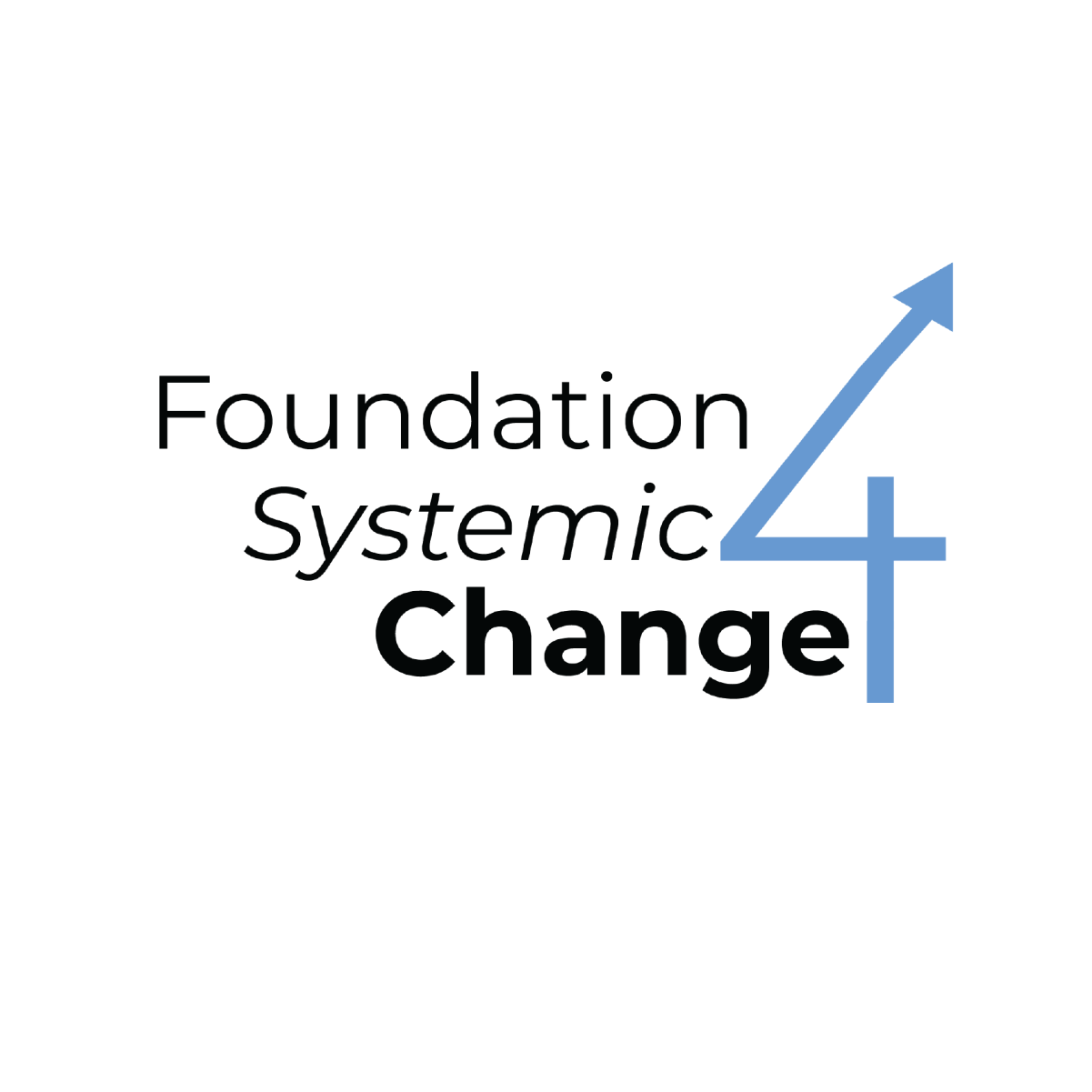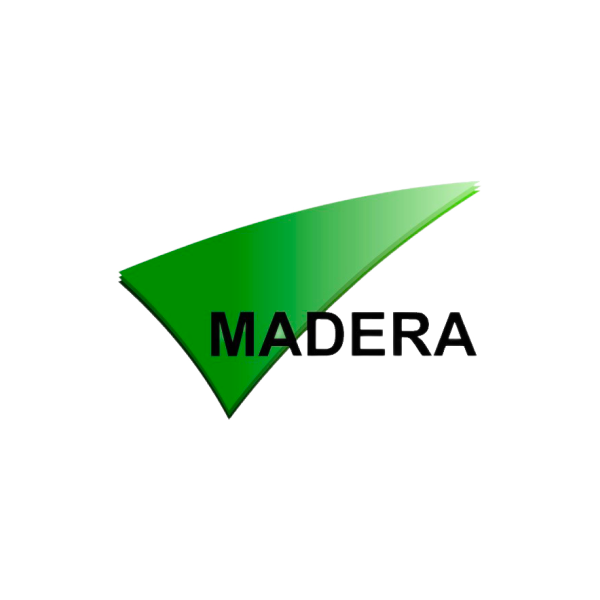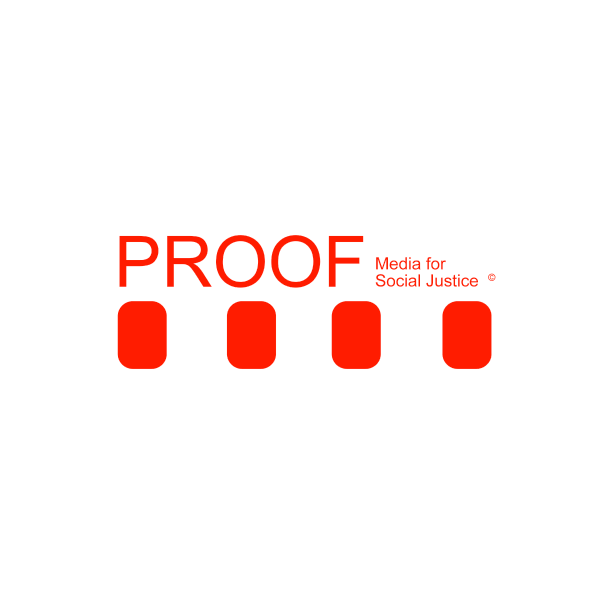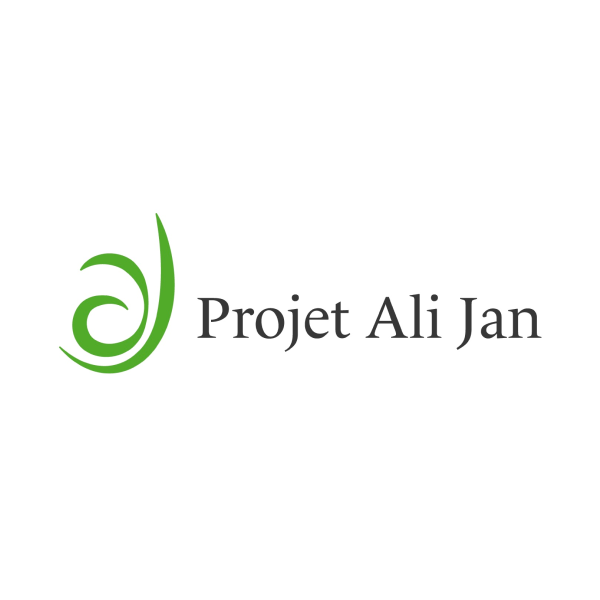About Us
درباره ما
Project Director Gaisu Yari suddenly found herself a refugee when the Taliban seized control of Afghanistan in August 2021. Realizing she was living through a pivotal moment in her country’s history, with incalculable repercussions the across the globe, Gaisu began collecting the stories of fellow exiles while living in a refugee camp in Poland.
Later partnering with the Memria.org platform and PROOF: Media for Social Justice, Afghan Voices of Hope has collected, transcribed, and cataloged hundreds of stories from Afghans displaced worldwide. Using documentation of personal narrative as its core methodology, the project is a space for Afghan refugees to record memories and ask provocative questions. It is a space for refugees to process feelings of loss and despair — and build toward a brighter future.
This collection of narratives has a powerful effect on listeners and readers. It inspires empathy and solidarity. The stories also provide material for historical and policy analysis, which may contribute to material change. Recording and preserving these personal accounts is vital to the future of Afghanistan and the international community.
Afghan Voices of Hope is supported by the Bertha Foundation, which helped established the project in the midst of the exodus in August 2021, the Open Society Foundations, and the Foundation for Systemic Change, as well as other partners.
We invite everyone to listen and for Afghan refugees to consider sharing their own story. Contributors may choose to submit their story anonymously or share it publicly on this platform. Please contact us to learn more.
Gaisu Yari is a human rights defender and a former commissioner in the Civil Service of Afghanistan. She holds a master’s degree in human rights from Columbia University and a bachelor’s degree in Middle Eastern studies and gender studies from the University of Virginia. Gaisu is leading this project and traveling around the world to speak with Afghans in exile. She is also an advocate and public speaker for gender justice. As an activist, Gaisu has addressed conferences, individual organizations, and the media on the subject of women’s rights in Afghanistan.
Laura Trainor has over fifteen years of experience working on policy issues and advocacy campaigns for social justice and human rights. She has worked at organizations and institutions, including the Center for Strategic & International Studies, the U.S. Senate, the American Civil Liberties Union Foundation, and PROOF: Media for Social Justice, a New York City–based nonprofit that uses visual storytelling and education to inspire action on human rights. She is an advocate and a documentarian, writer, and researcher based in New York City. She holds a bachelor’s degree in political science and international relations from the University of Vermont and is a graduate of the documentary practice and visual journalism program at the International Center of Photography.
Louis Bickford has been working in the field of international human rights for over twenty years. From 2012 to 2017, Bickford managed the global human rights program at the Ford Foundation. Prior to that, at the International Center for Transitional Justice, he was a founding staff member (2001) and a member of the senior management team (through 2010). He later worked at RFK Human Rights as a member of the executive leadership team, and as the director of the European office. He has consulted with various national and international institutions including the United Nations and various philanthropic foundations in every world region. He has a PhD from McGill University and an MA from the New School, both in political science. He is currently the founder and CEO of MEMRIA (www.memria.org), a social enterprise that develops partnerships with organizations to collect, analyze, and circulate narrative accounts of past violence, with the aim of strengthening human rights.











